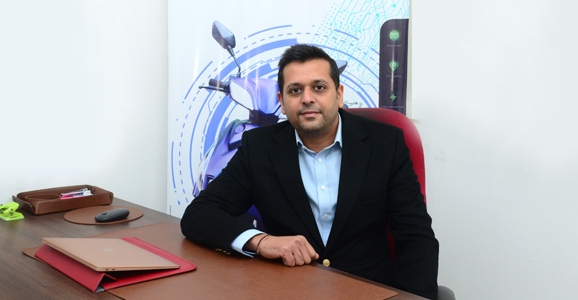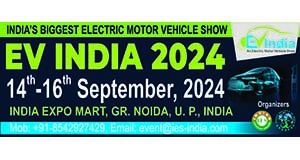“Even when the EV sales have doubled in the last year, the industry still suffers from higher initial ownership costs of EVs, which is a direct result of higher input costs. We hope the upcoming budget will reduce GST on raw materials/components, thereby accelerating India’s EV race. Because battery manufacturing in India relies heavily on imports, some duty relief could help reduce overall costs. EVs have fewer financing options and higher interest rates than ICE vehicles. The EV industry is hoping for a positive outcome from the government’s meeting with the World Bank. Aside from the PLI expansion, other state government programs such as GEDA and central government initiatives such as “Atmanirbhar Bharat” would undoubtedly benefit.”
Recent Posts
Most Popular
Bluebird Solar Launches 600Wp N-Type TOPCon Bi-Facial Dual Glass Solar Panel
Delhi, India – Bluebird Solar, a leading solar panel manufacturer based in Delhi, is proud to announce the launch of its innovative N-Type TOPCon...
Blupine Energy Raises Rs 4.18 Billion for 120 MW Solar Project
BluPine Energy announced it has secured financial closure for its 120 MW solar project in Sadla, Gujarat. BluPine Energy obtained debt financing for its...
Lightsource bp Secures Financing for 560 MW Solar Project in Greece
Eurobank and the Greek Public State have inked a financing agreement with Enipeas Single-Member S.A, a subsidiary of Lightsource bp in alignment with Greece’s National Recovery...
Ørsted Sells French Onshore Wind Business to ENGIE
ENGIE has agreed to purchase Ostwind France, including its subsidiaries OSTWIND International S.A.S. and OSTWIND Engineering S.A., from Ørsted. This acquisition encompasses Ørsted’s onshore...
BML Munjal University Hosts Sustainable Technology Conclave 2024
Gurugram, India : School of Engineering & Technology, BML Munjal University (BMU) concluded its highly anticipated Sustainable Technology Advancement Conclave 2024 – ‘Futuristic Techscape 5.0:...











